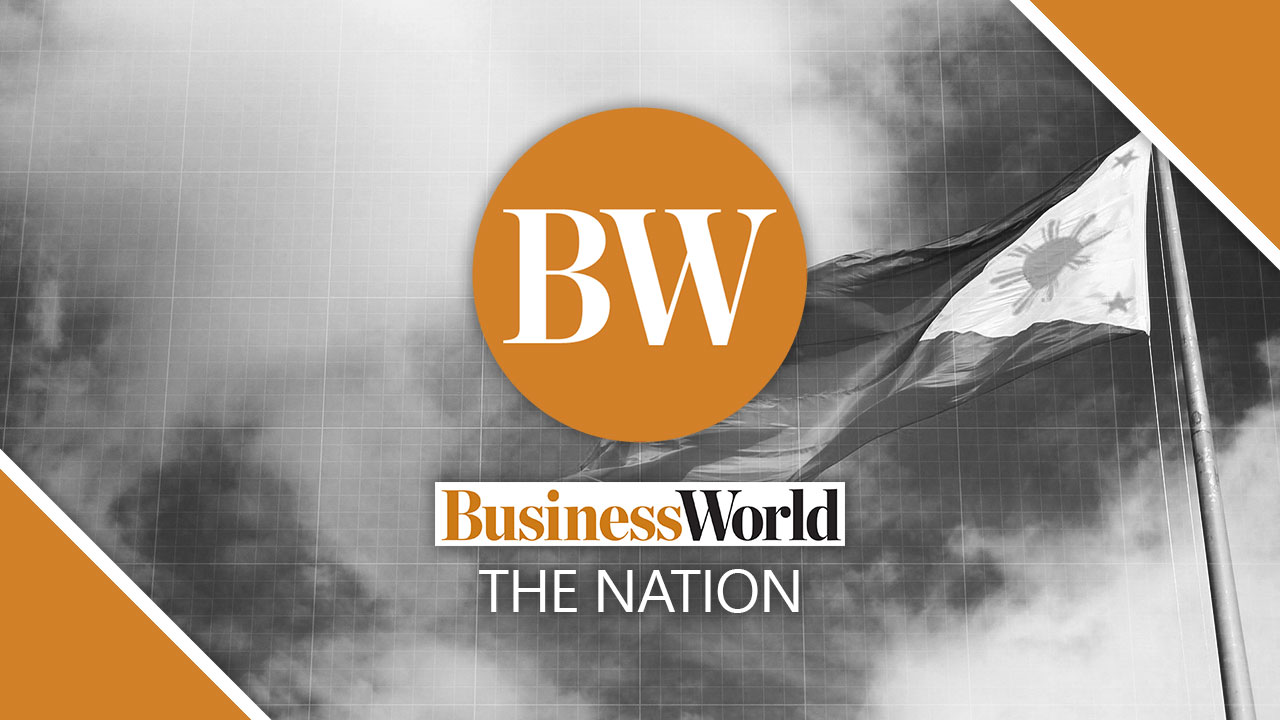Early warning systems, digital approach needed for cities’ climate resilience

LOCAL government units (LGUs) and tech companies are one in supporting disaster early warning systems and digital approaches to climate-related hazards in order for cities to bolster their climate resilience.
This was the consensus as Komunidad presented its innovative approach to using data for disaster preparedness in a recent panel discussion and webinar hosted by Liveable Cities Philippines.
“We have a lot of private sector data coming from many organizations. But no one is taking the time to consolidate it because we are used to the traditional way of buying the equipment and just monitoring it,” Komunidad founder and Chief Executive Officer Felix R. Ayque told the forum.
One of Komunidad’s applications for harnessing data to prepare its citizens against natural disasters is the Resilient and Integrated Systems for the Urban Population (iRISE UP) system in partnership with Quezon City.
IRISE UP provides real-time weather updates to early warning systems and carbon footprint assessment, all available on their website and application.
All barangays in Quezon City have emergency operation centers and physical risk assessments converted from document to digital, similar to the process of Project Noah but taking a more city-level approach.
One of its features is if a red alert arises, it automatically posts warnings on LGUs’ social media pages without human assistance.
Apart from urban cities, Komunidad proved it can be done in remote coastal towns like Calaguas Island with the Tech4Ed Center Project and Climate-Smart Siargao Project.
Meanwhile, Angel Gulmatico, head of Technology Innovation at Globe Telecom, presented project CALF (Cow at a lesser footprint) which provides temporary mobile communication services including voice, SMS, and mobile data.
In the same forum, Miko Ignacio, head of Acceleration and Innovation Group at M360, cited the impact of Globe offering utilized free SMS blasts for 30 days to all LGUs in Odette-stricken areas covering at least 83 towns.
In the talks of local government’s mitigation efforts against climate disaster, Naga City Mayor Nelson S. Legacion shared its Center for Safety and Resilience (CESAR) facility that will apply data-driven management and monitoring.
“Our philosophy when it comes to CESAR is based on the need for the accuracy of our data and information to guide most effective governance processes,” he said.
CESAR has three technology development methodologies that include infrastructure systems, ComCen Systems, and Data Centers.
For her part, Makati City Mayor Marlen Abigail “Abby” Binay-Campos said prioritization is the key to mitigating climate-related hazards in the city, but it should be an effort pursued by neighboring territories.
Makati’s dredging activity to mitigate flooding, for example, would not be fully achieved if neighboring cities cannot prioritize and fund this kind of project, she said. – Aubrey Rose Inosante



